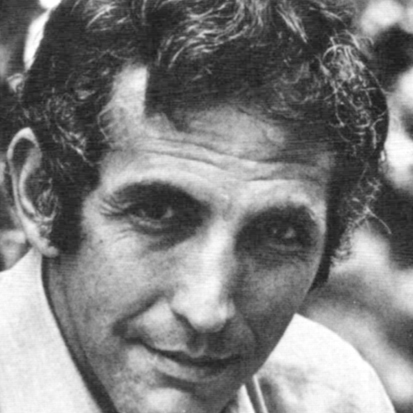Snowden is thinking back home
Attorney Anatoly Kucherena, at the presentation of his book about Edward Snowden, told reporters that his ward would like to return home if an honest trial awaits him in his homeland. A whole group of American and German lawyers are working on the issue of return. Washington welcomes such intentions of its fugitive citizen, but warns that he will face criminal charges.
Snowden himself in an interview with The New Yorker in October last year, spoke about his contacts with the US government. He put the question this way: “Is the American judicial system ready for an open process?”. If yes, then return is possible. Snowden made a parallel between himself and Daniel Ellsberg , a military analyst who gave copies of secret documents about the Vietnam War in 1971 to the New York Times. Some time later, Ellsberg was arrested. Henry Kissinger, who was then national security adviser to the United States, called him "... the most dangerous man in America who must be stopped at any cost." However, in the wake of anti-war sentiment and broad public support, the court delivered an acquittal verdict.

Daniel Ellsberg, about him filmed the feature film "Daniel Ellsberg - the most dangerous man in America"
One of Edward Snowden's attorneys, Jesselin Redek, very much doubted the conduct of a public trial and directly called his client’s wish a “fantasy”. Snowden hopes for broad interpretations allowed by the US Spying Act of 1917 , but can still get a very serious prison sentence. US national security expert Stephen Vladek says that:
Snowden himself in an interview with The New Yorker in October last year, spoke about his contacts with the US government. He put the question this way: “Is the American judicial system ready for an open process?”. If yes, then return is possible. Snowden made a parallel between himself and Daniel Ellsberg , a military analyst who gave copies of secret documents about the Vietnam War in 1971 to the New York Times. Some time later, Ellsberg was arrested. Henry Kissinger, who was then national security adviser to the United States, called him "... the most dangerous man in America who must be stopped at any cost." However, in the wake of anti-war sentiment and broad public support, the court delivered an acquittal verdict.

Daniel Ellsberg, about him filmed the feature film "Daniel Ellsberg - the most dangerous man in America"
One of Edward Snowden's attorneys, Jesselin Redek, very much doubted the conduct of a public trial and directly called his client’s wish a “fantasy”. Snowden hopes for broad interpretations allowed by the US Spying Act of 1917 , but can still get a very serious prison sentence. US national security expert Stephen Vladek says that:
It is not necessary for the authorities to prove that a person who violated the law on espionage wanted to harm the United States, help a foreign state or had other malicious motives. It is enough to prove that the defendant knew or should have known that the dissemination of information to them could harm the United States or help a foreign state. This is easy, and the authorities are easily able to fulfill this requirement in such cases.
')
Source: https://habr.com/ru/post/356676/
All Articles